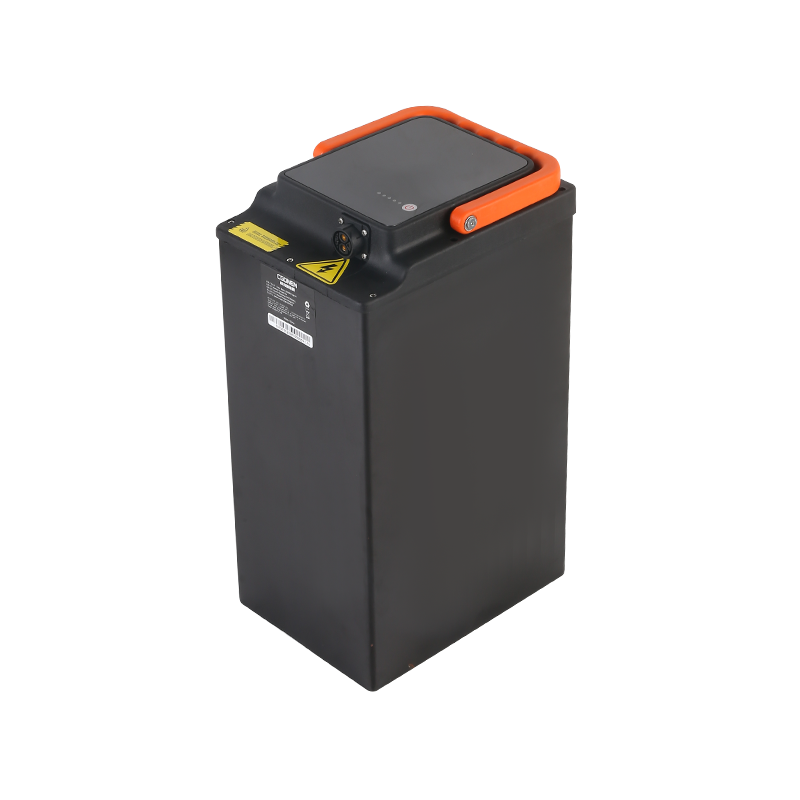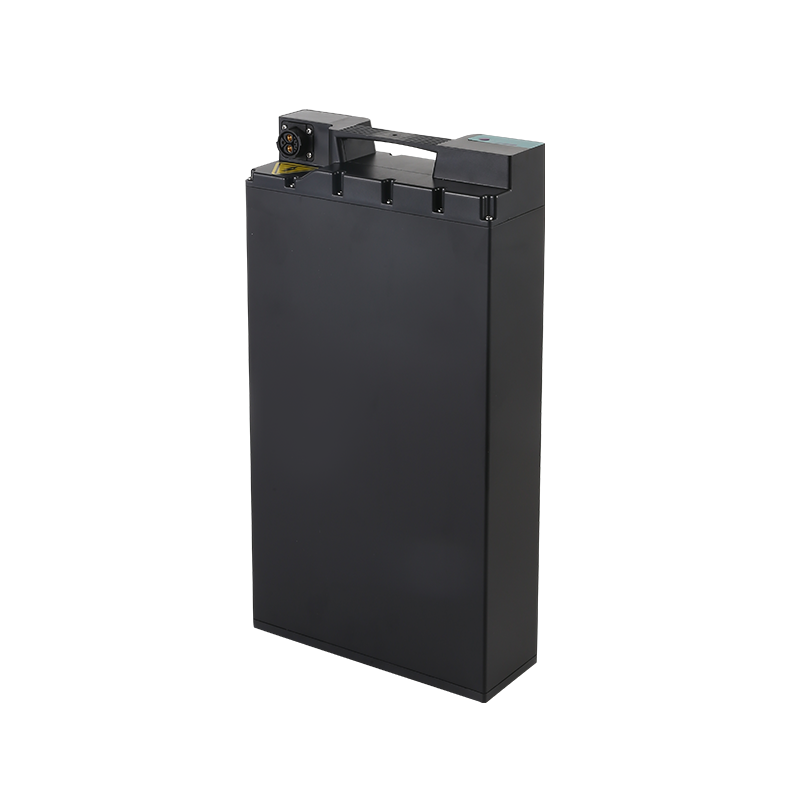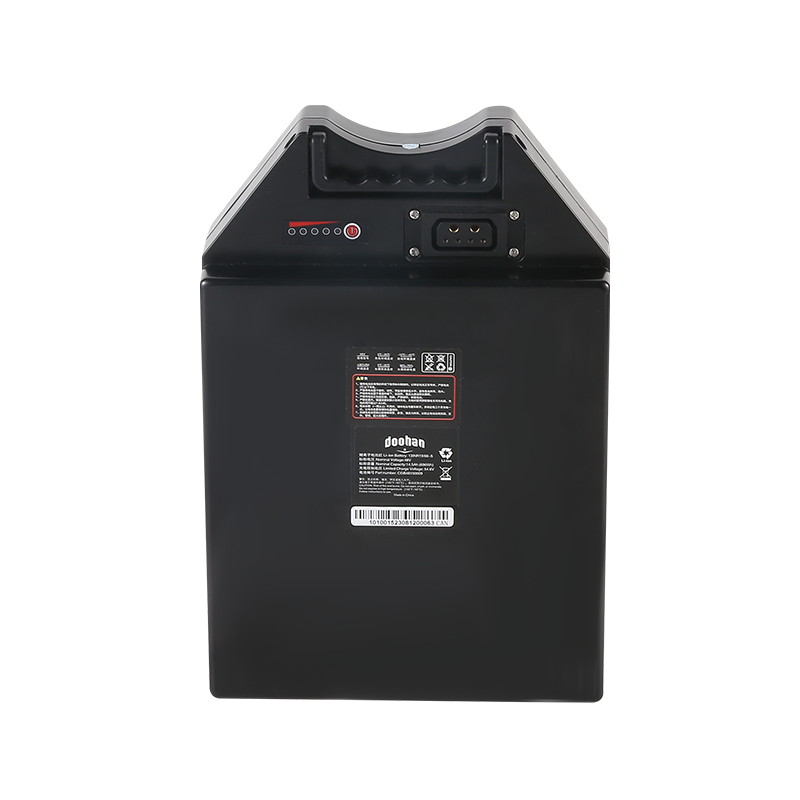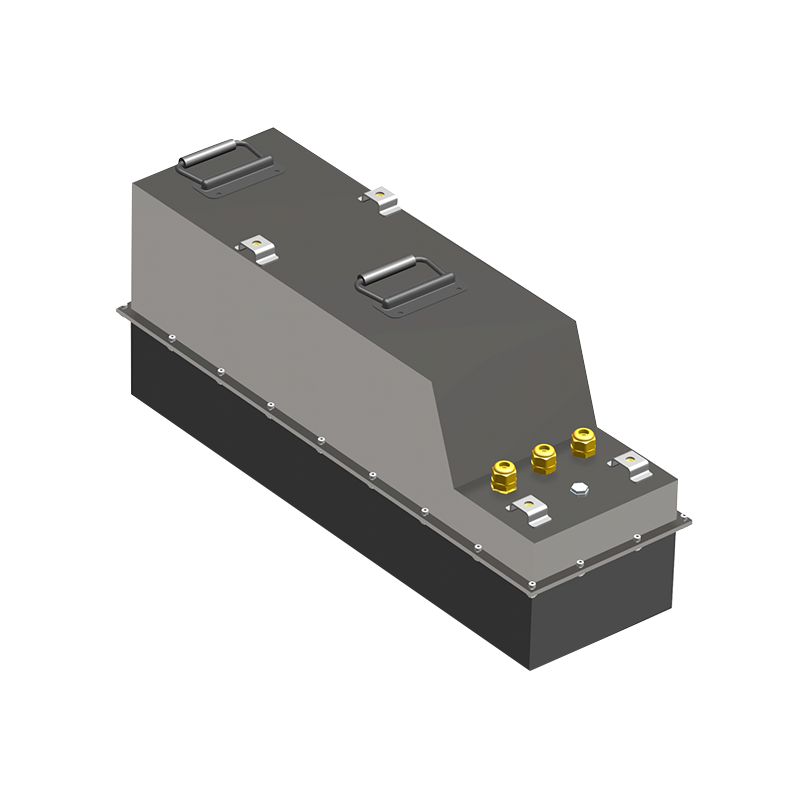Web Menu
Product Search
Exit Menu
Lithium-Ion Batteries Promote Sustainable Development
As the world grapples with the challenges of climate change and the need for sustainable energy solutions, the lithium-ion battery has become a pivotal player in the global shift towards greener technologies. This powerful energy storage device is not only revolutionizing the automotive industry but also playing a crucial role in the development of renewable energy systems, portable electronics, and a wide array of other applications. The lithium-ion battery's ability to provide high energy density, long life, and quick charging has positioned it at the forefront of modern innovation.
One of the notable uses of lithium-ion batteries is in the electric vehicle (EV) market. As governments around the world push for cleaner transportation to reduce carbon emissions, automakers have been investing heavily in EV development. The lithium-ion battery's high energy density and ability to recharge quickly make it an ideal power source for these vehicles, allowing for longer ranges and shorter charging times. This has led to a surge in demand for LIBs, with projections suggesting that the market will continue to grow exponentially in the coming years.
Beyond electric vehicles, lithium-ion batteries are also integral to the portable electronics industry. Smartphones, laptops, and tablets all rely on LIBs for their operation, providing users with the convenience of long-lasting power in a compact form factor. The energy density and rechargeability of lithium-ion batteries have been instrumental in the miniaturization and portability of modern electronics.
In the realm of renewable energy, lithium-ion batteries are playing a critical role in the storage of electricity generated by solar and wind power. As these sources are intermittent, the ability to store excess energy for later use is essential for maintaining a stable power supply. Lithium-ion batteries offer a scalable and efficient solution for energy storage, helping to bridge the gap between production and consumption.
Despite their numerous advantages, lithium-ion batteries are not without their challenges. Safety concerns, such as the risk of overheating and potential for thermal runaway, have been a focus for researchers and manufacturers alike. Ongoing developments in battery management systems and materials science are addressing these issues, with the aim of making LIBs even safer for consumers.
Environmental concerns also surround the production and disposal of lithium-ion batteries. The mining of lithium and other critical materials can have significant environmental impacts, and the disposal of used batteries poses a risk of toxic materials entering the ecosystem. However, efforts are being made to improve recycling processes and develop more sustainable methods for battery production.
As the demand for lithium-ion batteries continues to rise, researchers are exploring ways to improve their performance and sustainability. Innovations in solid-state batteries, which use a solid electrolyte instead of a liquid one, promise even greater safety and energy density. Additionally, the development of new materials and chemistries aims to reduce the reliance on good metals, making lithium-ion batteries more environmentally friendly and cost-effective.
The lithium-ion battery has become a cornerstone of modern technology, powering everything from our smartphones to our cars. Its impact on the transition to a more sustainable future cannot be understated. As the technology continues to evolve, the lithium-ion battery will undoubtedly remain a key player in the quest for cleaner, more efficient energy solutions.
-

+86-13049701086
-

Stonehuang@CGONEN.com
-

No.88, Huji Road, Taizhou Bay Binhai New Area, Jiaojiang District, Taizhou City, Zhejiang Province, China











